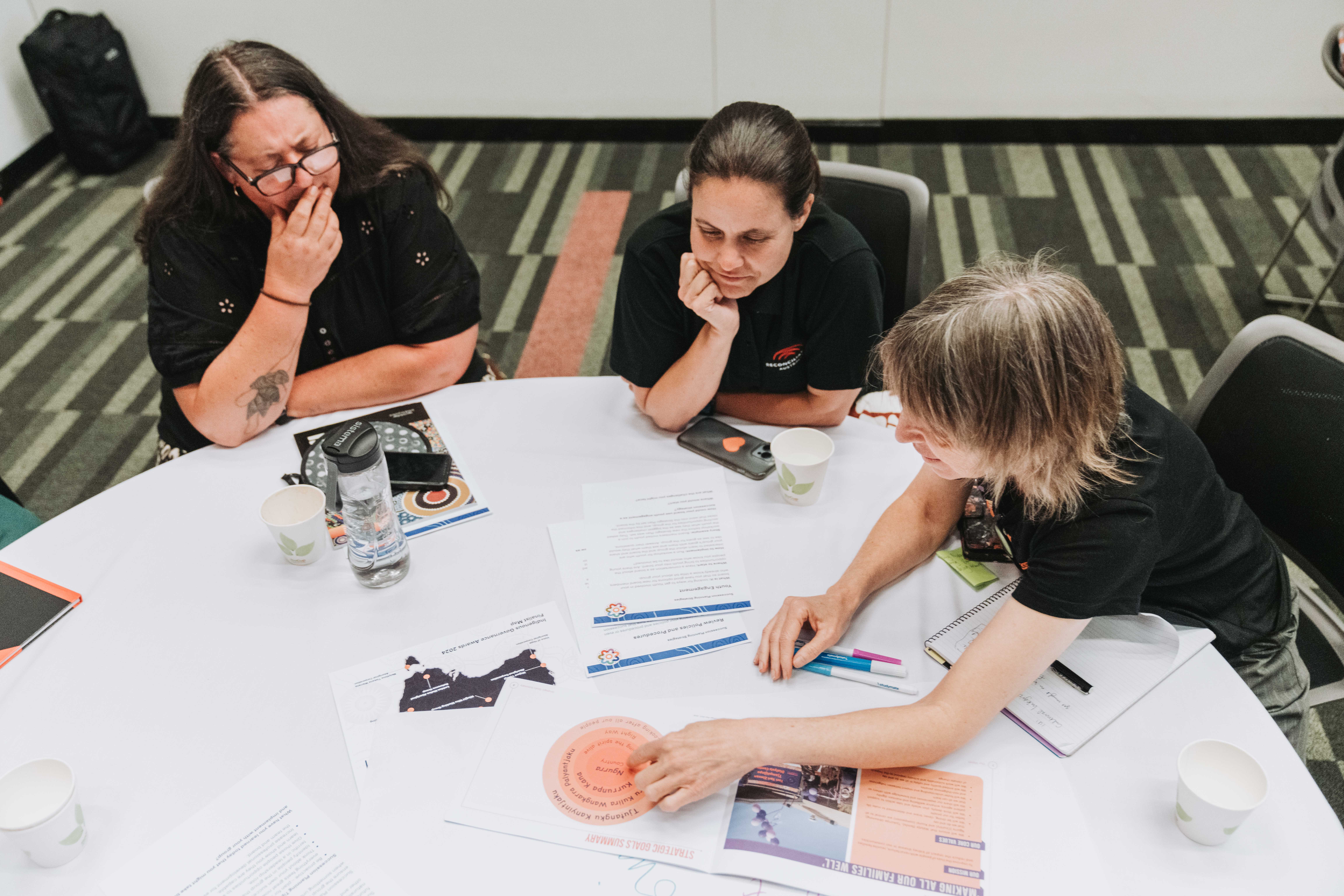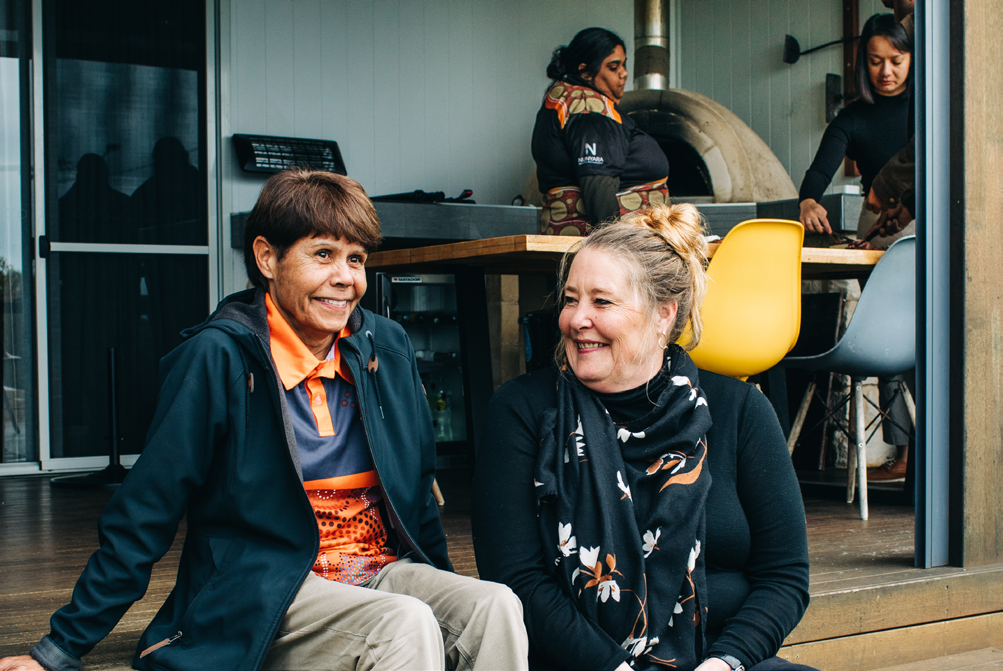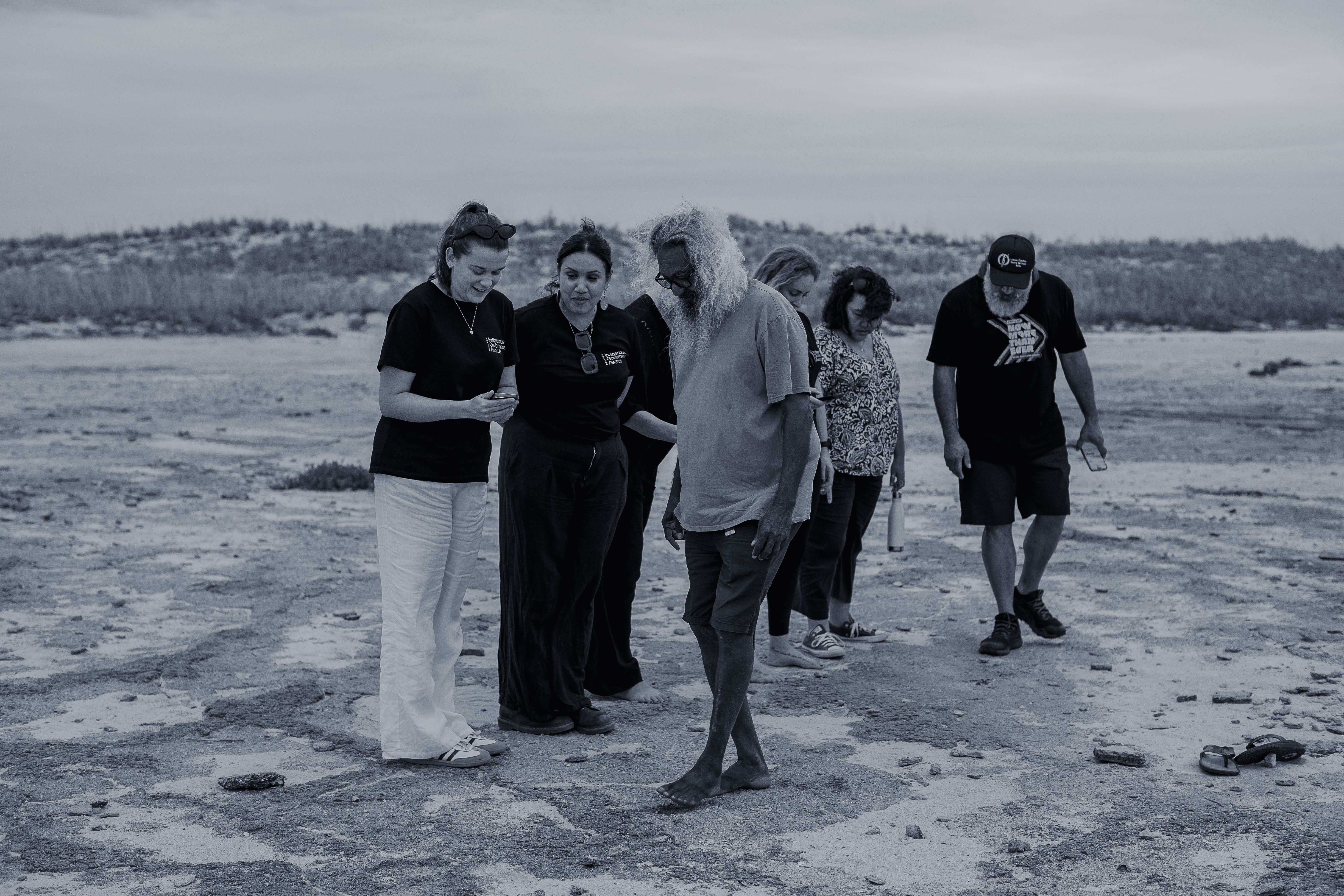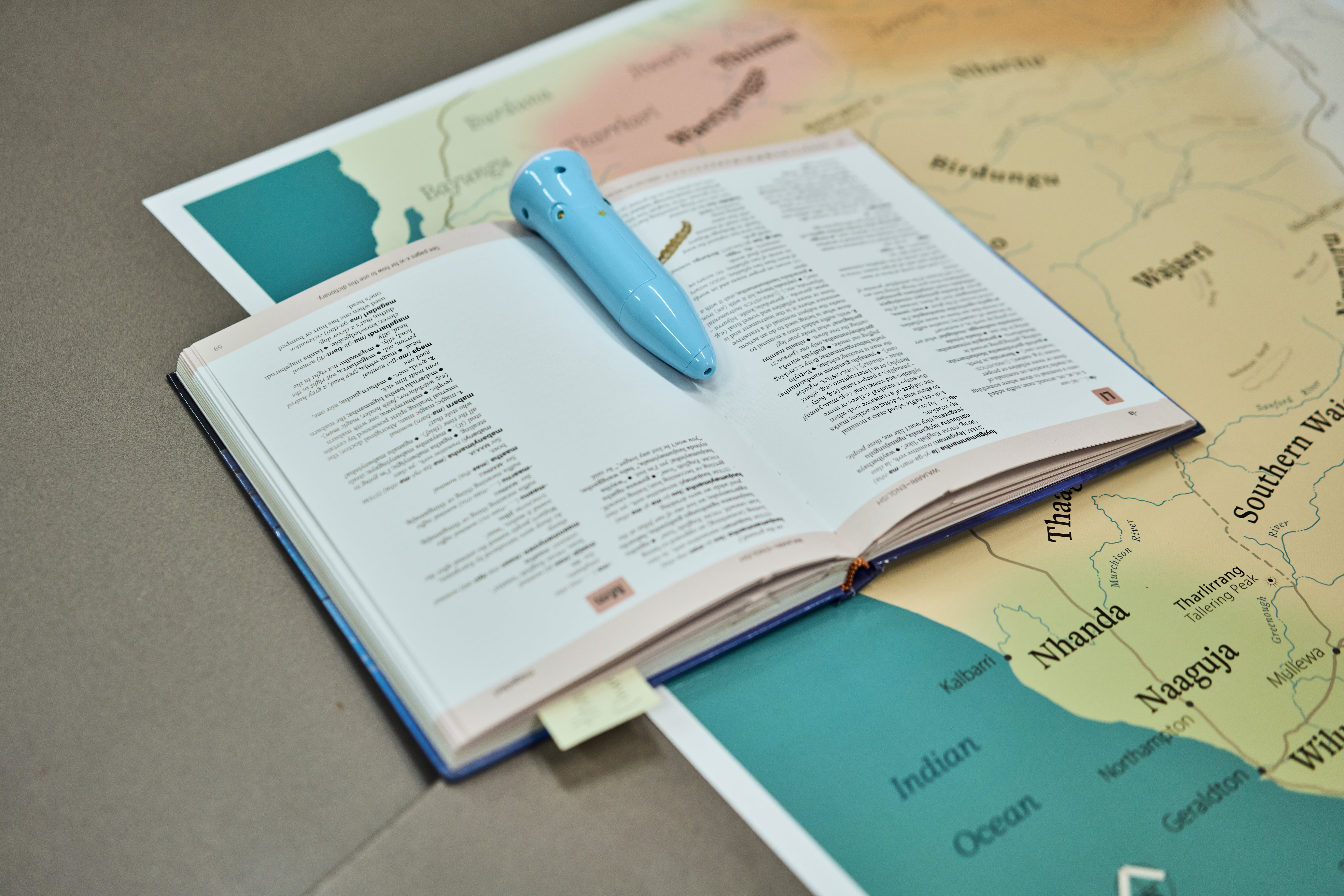To help Aboriginal and Torres Strait Islander corporations understand what Data Sovereignty means and why it matters...
ALPA's two-way governance approach

The Arnhem Land Progress Aboriginal Corporation (ALPA) has recognised traditional governance structures in their constitution. This helps ALPA’s directors ensure they are acting in the best interests of the organisation.
For example, the inclusion of two elected representatives from each community, one a traditional landowner and one a community member representative, is written into the ALPA constitution. This means that the interests of the entire community are represented at every director meeting.
In its initial stages, ALPA implemented an activity for new directors, who were presented with a range of different hats when entering the meeting room. Directors would put on their ‘ALPA hat’ while in the meeting, signifying their commitment to represent the interests of the organisations as opposed to their personal interests denoted by another hat labelled ‘family’. This is a strong example of how organisations can balance corporate or non-Indigenous governance concepts with cultural considerations.
Communicating two-way governance is strong at ALPA. In addition to their emerging leaders, ALPA have a board cultural liaison and board communications facilitator. While these are not voting positions on the board, they are integral in helping ALPA communicate non-Indigenous or corporate governance concepts cross-culturally. For ALPA, two-way governance is more than simply translating a word or changing the language used to convey governance concepts. The cultural liaison and communications facilitators are able to support ALPA in translating certain concepts to board members in ways that are culturally meaningful.












.png)

